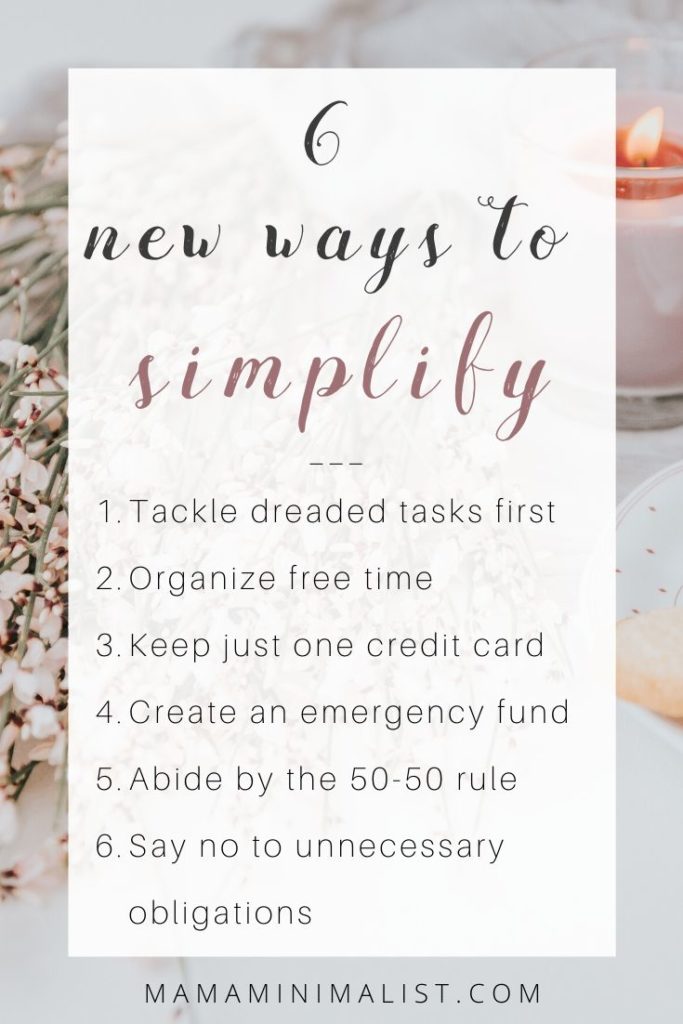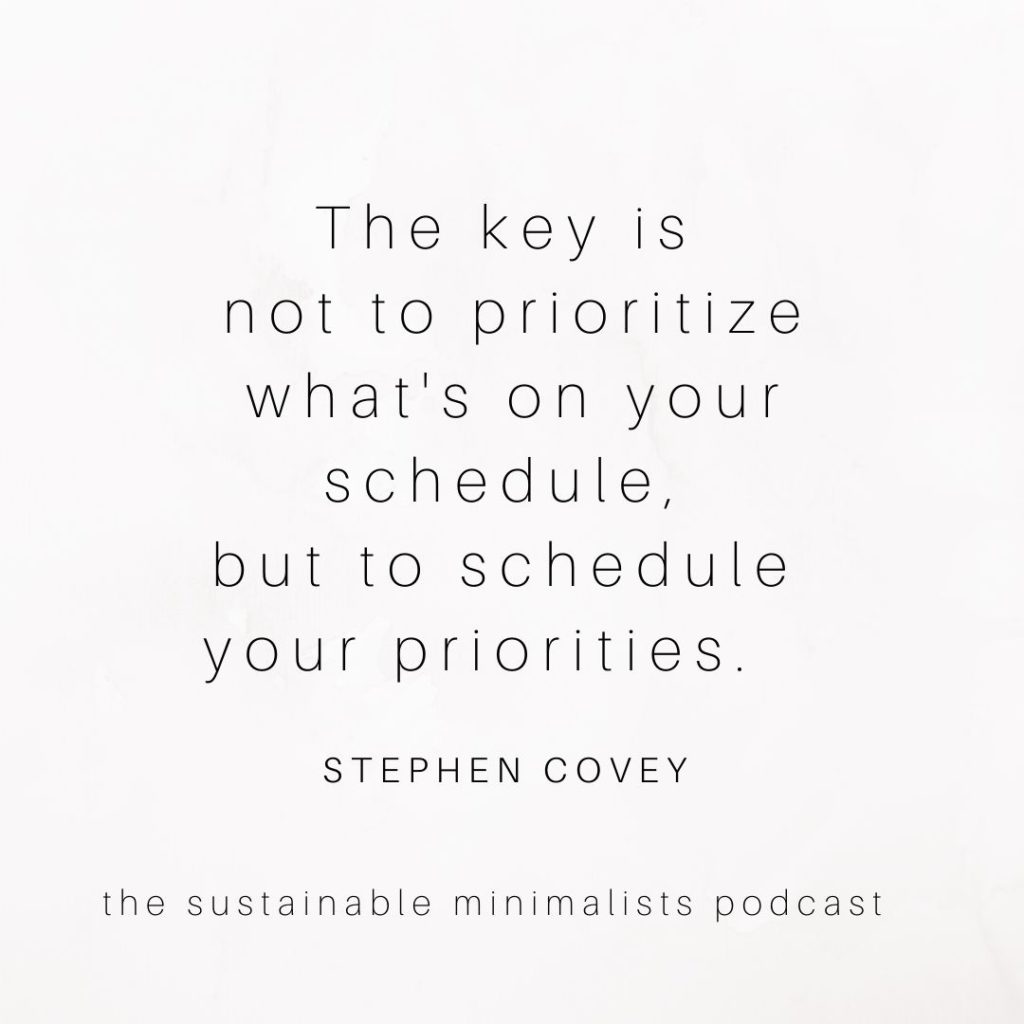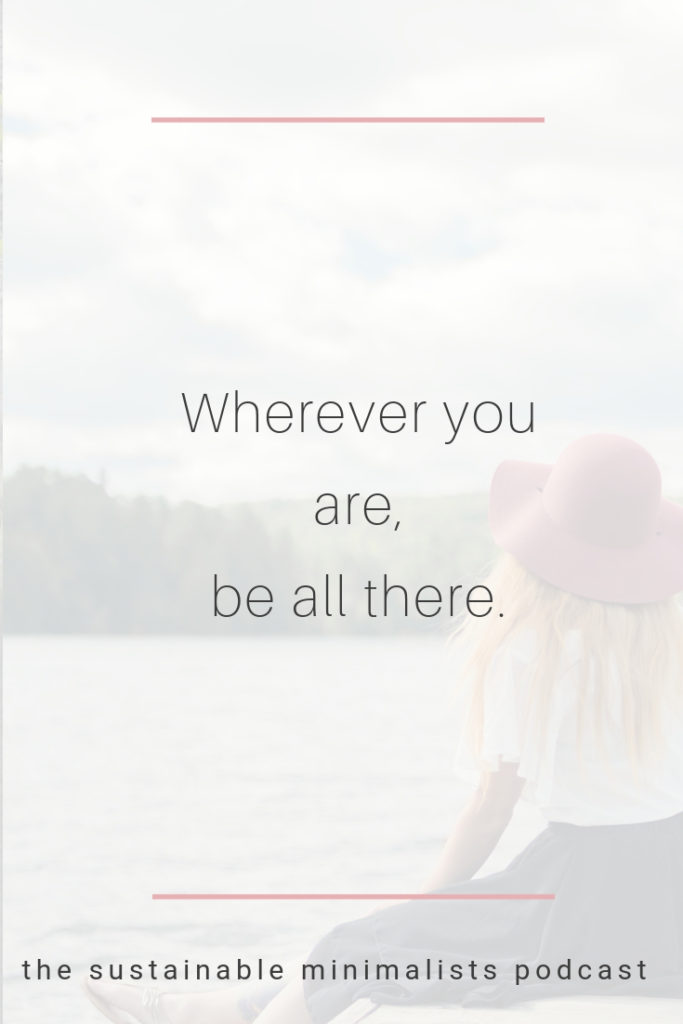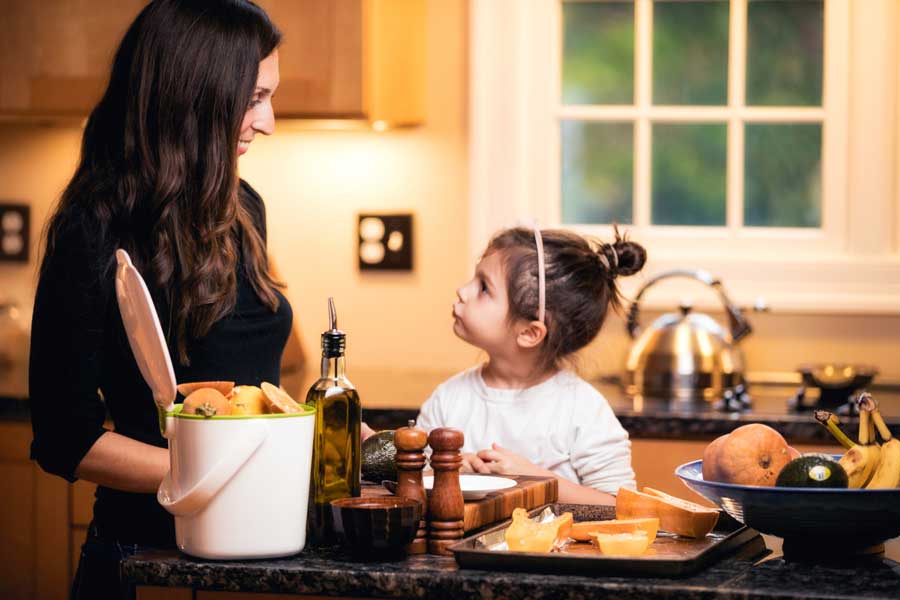Minimalist Lifestyle Tips that Simplify Time, Money & Relationships
Minimalist Lifestyle Tips that Simplify Time, Finances & Relationships
Less is more, and not just with possessions: A minimalist lifestyle decreases stress and increases peace of mind.
Many of us could benefit from intentional lifestyle tweaks designed to improve time management, reduce financial stress and curate fulfilling relationships. The single-best way to accomplish all these (lofty) tasks? Simplify wherever possible.
Read on for 6 minimalist lifestyle tips that prioritize free time, tweak finances and manage interpersonal relationships with simplicity in mind.
Minimalist lifestyle tips that prioritize free time
_____
Tackle the dreaded task first
Mark Twain famously said, “If it’s your job to eat a frog, it’s best to do it first thing in the morning. And If it’s your job to eat two frogs, it’s best to eat the biggest one first.”
Have a dreaded task looming over your head? Get it done right away.
Perhaps you have to make a phone call you know is going to be uncomfortable.
Or maybe you know you need to exercise (but you hate exercising).
Complete the dreaded task done first. Procrastination leads to dread and anxiety; anxiety will distract you until eating that frog – or accomplishing the activity you hate – is complete.
Once completed? You can then tackle the rest of your day knowing your most difficult task is behind you.
Organize and prioritize your free time
Organizing time provides both focus and motivation.
Prioritize it, too. What activities must get done? Put them at the top of your daily to-do list. Those activities that could reasonably wait until tomorrow? Put those items toward the bottom of your to-do list.
The minimalist way is to schedule free time. What do you find restful or beneficial? Schedule it. While I enjoy walking my dog, I could very easily get caught up doing something else – anything else – than taking Lucy out for a quick walk.
But if it’s on my schedule – if it’s written in ink – it gets done.
The main benefit to scheduling free time is that you will find yourself prioritizing activities that offer the most bang for their buck. You will effortlessly feed your soul with the inspiration it needs as a result.
When you schedule free time, you probably won’t bother to write, “Check social media”, “Watch 3 episodes of Real Housewives” or any other time-sucking activity that in the long run won’t offer rejuvenation. You’ll naturally prioritize true self-care, instead.
Did you know?
You can find The Sustainable Minimalists Podcast wherever you get your podcasts.
Apple Podcasts | Google Podcasts | Spotify | Stitcher
Minimalist lifestyle tips for our finances
_____
Limit yourself to one credit card
Have a dozen credit cards in your wallet? Ask yourself: What are you gaining? Are corporations gaining more from you than you are gaining from the cards and their perks?
Limiting credit cards will naturally set boundaries on spending; you’ll be more likely to pay your bill on time, too.
And because you’ll check that single card’s statements more regularly, you may spot fraud much quicker than if you had a dozen to keep track of.
The bottom lines is this: Borrowing leads to owing. Owing leads to debt.
This minimalist lifestyle tip isn’t for the big purchases like the house or the new car because very few people have the cash available to purchase a home or a car outright. This tip is for those smaller purchases that corporations make more attractive by offering financing, instead.
Take that Peloton bike, for example, which boasts a sticker price of $2245 plus a $40 per month subscription. While that price tag may be a hard pill to swallow, Peloton offers interest-free financing for one year. Suddenly that bike seems more appealing, right?
Here’s the truth: Until that bike or until that sofa or whatever it is is paid off, you’re borrowing. And borrowing is a bad habit to get into.
But if you have just one card, you’ll be more likely to borrow what you can reasonably pay back.
There’s a drawback to having just one card: To my knowledge, there’s no single card that offers all the rewards, the cash back, the airline miles and the double points on gas. One card may mean you’re missing out on rewards.
Consider taking a hard look at your own situation and see if just one card might work for your household.
Create an emergency fund
Americans self-report finances as one of the most stressful aspects of adulting. Researchers agree: Money issues are consistently linked to migraines, insomnia, cardiovascular disease and more.
When it comes to events in our lives that just happen – emergencies, for example – there is so much we can’t control.
One thing we can control is whether or not we are prepared.
An emergency fund is a savings account that covers unexpected expenses and financial emergencies.
An adequate emergency fund has at least $1000 in it, according to financial experts.
After that first $1000, expand on that emergency fund little by little until you set aside 3-6 months worth of living expenses.
Minimalist lifestyle tips for our relationships
_____
Expect just 50 percent
Many of us have high expectations for for our loved ones. We require a lot from others, especially when we feel as though we show up often for them.
Yet we never check in with ourselves to determine whether such expectations are justified. Many times we expect things from loved ones that are simply unreasonable.
In my relationships – and particularly in my friendships – I follow the 50-50 rule:
Is my friend putting in 50 percent of the effort?
Does this relationship exemplify equality?
Am I receiving enough benefit from this friendship to make the time, effort and energy I put into sustaining it worth it?
The 50-50 rule makes instances when I’m doing more than the other person clear.
It also shows me when I’m not doing my part in a friendship, and this happens often. It’s not because I don’t care about the friendship; it’s just that life gets in the way. And because I know this about myself I am able to give friends grace because it makes me acutely aware that life happens for all of us.
It’s not personal. We all get caught up in the daily grind.
Expecting just 50 percent is a nice check-in because a friendship – or any relationship, really – must be a partnership in order for it to be sustainable.
When one party consistently puts the effort to get together or solve conflicts, a friendship becomes unbalanced.
And things that are unbalanced often tip.
Just say no
In our culture, the mark of a good woman is related to how selfless she is.
How much does she give?
I was first introduced the the possibility of saying no on my own podcast. Guest Anna Seewald said, “you don’t have to bring organic cupcakes to your child’s bake sale.”
When Anna said this, I gasped. I didn’t have to bring organic cupcakes? What blasphemy!
But since that episode I’ve come to adopt Anna’s words as my mantra. I find myself saying to myself, “I don’t have to bring organic cupcakes!” often.
If I have the time and energy to make those organic cupcakes I certainly will. But if I don’t? I’m not going to kill myself to do so.
Did someone request something of you that you know will stretch you too thin? You are allowed to say no.
You’re in charge of your own well-being. No one cares if you got enough sleep. No one will inquire whether you’re adequately juggling all the balls necessary to keep your household – and perhaps your career – afloat. Everyone is too wrapped up in their own daily stressors.
But you must care, because you must be your own top priority.
How do you say no without being rude?
Employ the sandwich method: Sandwich your no between two positive statements.
“I’d love to support the PTO by baking organic cupcakes for the bake sale, but unfortunately I have to decline this time. Please let me know when the next bake sale is and I’ll do my best to contribute.”
Saying no to expectations that don’t excite you will free you up to accept preferred invitations with gusto.
You’ll be freed to give 110 percent to the opportunities that light you up (as opposed to giving 60 percent to obligations that don’t actually matter).
[Related: The Art of Saying No]
What minimalist lifestyle tips do you follow in your own daily life? Share the less is more inspiration in the comments!
Stay in-the-know!
Sign up for monthly eco-friendly inspiration.




